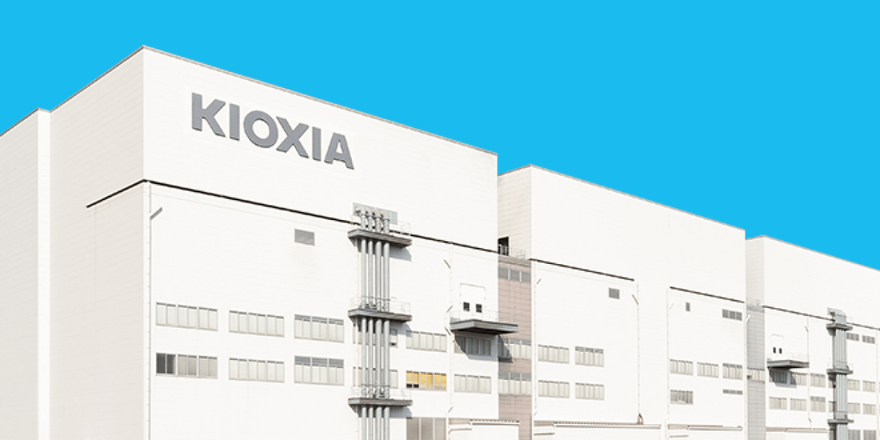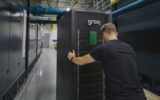Kioxia Corporation, a global leader in memory solutions, has announced an update to its KIOXIA AiSAQ (All-in-Storage ANNS with Product Quantization) software, which is part of an ongoing effort to optimize the use of solid-state drives (SSDs) and make AI vector database searches within retrieval-augmented generation (RAG) systems more usable.
With the help of the new open-source release’s configurable controls, system architects can now determine the ideal balance between search speed and vector count, two parameters that are mutually exclusive given the system’s set SSD storage capacity. The ensuing advantage allows RAG system architects to precisely balance particular workloads and their needs without requiring any changes to the hardware.
The new approximate closest neighbor search (ANNS) algorithm used by KIOXIA AiSAQ software, which was first released in January 2025, is optimized for SSDs and does not require index data to be stored in DRAM. The limitations imposed by limited DRAM capacity are significantly eliminated by KIOXIA AiSAQ technology, which enables vector searches directly on SSDs and lowers host memory requirements.
Increasing search performance (queries per second) necessitates using more SSD capacity per vector while the system’s installed SSD capacity is fixed. As a result, there are fewer vectors. On the other hand, reducing SSD capacity usage per vector is necessary to maximize the number of vectors, which leads to decreased performance. Depending on the workload, there are many ways to best balance these two conflicting conditions.
The KIOXIA AiSAQ software offers extensive setup choices to help find the right balance. With this most recent upgrade, administrators can choose the best balance for a range of disparate workloads within the RAG system. With this version, KIOXIA AiSAQ technology is now an SSD-based ANNS that may be used for offline semantic searches and other vector-hungry applications in addition to RAG applications.
As the need for scalable AI services grows, SSDs provide a workable substitute for DRAM in handling the high throughput and low latency needed by RAG systems. These expectations can be effectively met by KIOXIA AiSAQ software, which allows for large-scale generative AI without being limited by memory resources.
Kioxia demonstrates its dedication to the AI community by promoting SSD-centric designs for scalable AI through the open-source release of KIOXIA AiSAQ software.

